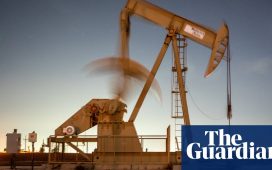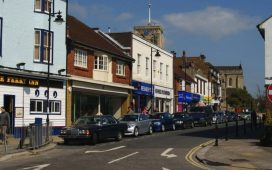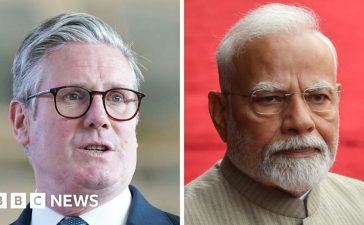Inflation is set to be slashed by at least half to help Britain avoid a recession this year, economists have forecast. Unemployment is expected to remain low and government debt will fall, predicts independent think tank the National Institute of Economic and Social Research. The positive forecast is the latest good news for the economy.
On Friday the FTSE 100 stock market index closed at a record high and momentarily hit a new peak on Tuesday, boosting pensions and investments.
Mortgage costs are set to fall as lenders embark on a price war to attract customers, while energy experts are also expecting gas and electricity bills to drop this spring.
And the Bank of England forecast last week that the financial crisis will not be as grim as first forecast and the nation will bounce back quicker.
Governor Andrew Bailey said it was “too soon to declare victory” against inflation. But he rowed back on negative statements about the economy.
Today’s National Institute of Economic and Social Research (Niesr) report said inflation would fall from 10.5 percent to 5.3 percent by the end of the year.
Professor Leaza McSorley, at the think tank, said: “The UK economy performed better than forecast in 2022, with annual GDP growth of 4.1 percent and unemployment at 3.7 percent. It seems unlikely to fall into a protracted contraction.
“We’re suggesting the Chancellor use his spring budget next month to abandon his spending limits to boost public sector investment and develop a new energy support tariff that discounts bills for the poorest households.”
Businesses are also upbeat. Specialist job recruiter Lily Shippen said: “We received a record number of new recruitment vacancies last week, and companies are pushing forward with their hiring plans.” Chloe Moss, of the Blind Badger Cocktail Company, said: “Despite our cocktail kits being non-essential, demand has been extraordinary and we are very excited for the year ahead.”
The Bank of England had said it expected the economy to fall into recession at the end of last year, with the downturn lasting until the middle of next year.
Now it is forecasting it will shrink by one percent, not three, as energy costs fall. Unemployment – at 3.7 percent – will peak at 5.3 percent rather than 6.4 percent.
And inflation will fall from 10.5 percent to eight percent by June then three percent by December.
Speculation has mounted that base rate rises will slow and end at 4.25 percent next month before dropping.










